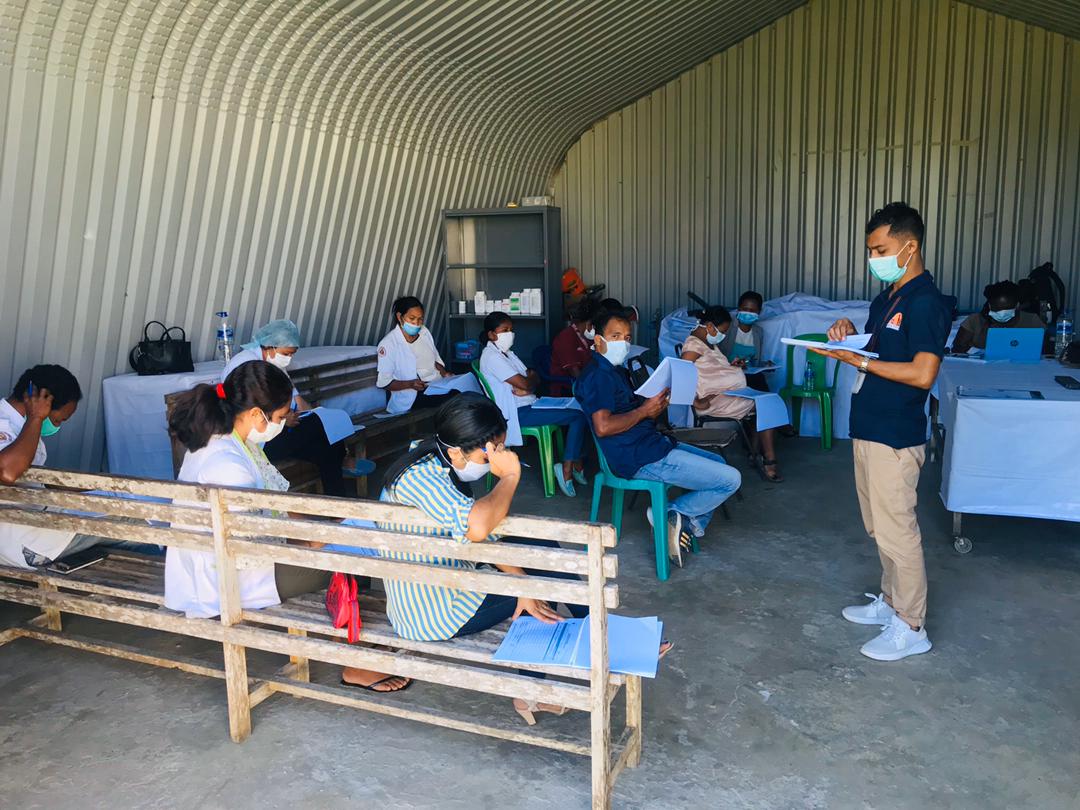Here in Dili we have been spared further heavy rains. The flood water has receded and acute crisis with it.
As always after disasters like this, most of the real work done to relieve suffering is borne by the community. Since the floods, Timorese families, friends, and neighbours have been helping each other return home and rebuild. Because it happens automatically, with no fanfare, this work can pass unnoticed.
Thanks to such efforts, most evacuation centres have begun to thin out. People are returning to rebuild their homes and their lives.
Maluk Timor will be winding down our immediate flood response activities over the next month. As the flooding retreats from the public eye, there will be enduring effects, some of which will widen the gaps in the Timorese healthcare system that Maluk Timor seeks to bridge.
Disasters don’t affect people equally. Dili’s poorest live near our river and lake beds, the exact places where residents disproportionately lost homes and belongings. Rebuilding will take time, and access to shelter and nutrition will be a struggle for many. The accessibility of high-quality primary healthcare will be even more important.
To provide that access, the healthcare system will need open facilities. It will take time to restore the many flood-damaged community health centres and health posts, the first points of care for most Timorese. Restoring water, electricity, equipment, mattresses, and medical consumables like bandages, drugs, personal protective equipment will take time and resources. We will be providing support to our Timorese colleagues as they reestablish services
The flood has created large movements, concentrations, and mixing of people. As national attention turns back to COVID-19, we are bracing for a surge in cases that will stretch the limits of the healthcare system.
Our work is cut out for us, but we are ready. The Timorese community has shown remarkable resilience many times before and continues to do so.
We are honored for the chance to support them.


